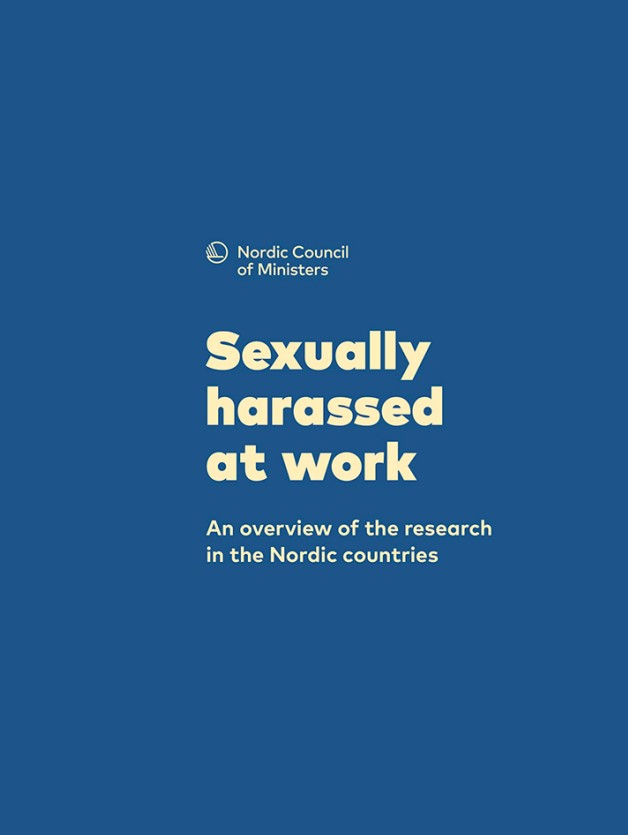The report outlines current knowledge about sexual harassment in the Nordic countries and identifies needs for additional knowledge.
The report charts how sexual harassment takes different forms in the workplace depending on the occupation. Malin Svensson, analyst at the Swedish Secretariat for Gender Research and PhD in child and youth studies, has written the report and in it, she identifies the need for cross-sectoral knowledge.
“Sexual harassment can look different depending on the nature of the occupation, and experiences may differ between occupational groups. That is why we need cross-sectoral knowledge from many countries that can identify broader patterns in the Nordic labour market. The report also shows that a focus on gender and age is too narrow. We need knowledge about how gender, age, ethnicity and skin colour, functionality/disability, and sexual identity operate in tandem with the risks of being sexually harassed at work.”
Great need for further research
The report identifies the need for more and deeper knowledge about why sexual harassment occurs and about structural conditions that contribute to or prevent the incidence of sexual harassment. Malin Svensson identifies a number of key knowledge gaps where more research is needed to be able to tackle this social problem energetically.
“There is agreement within the research field that the number of unreported cases is high and that women, as well as other groups, who have been the victims of harassment do not report it for various reasons. We also need to know more about the perpetrators – who they are and what drives them to offend. There is also a need for more knowledge about the working conditions and conditions of employment that can constitute particular risk factors for being sexually harassed.
The report is produced by the Swedish Secretariat for Gender Research through the co-operation body Nordic Information on Gender (NIKK). It is commissioned by the Nordic Council of Ministers, as the basis for a Nordic research initiative in the area
Text by Susanna Young Håkansson
